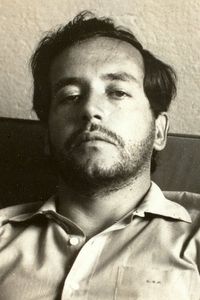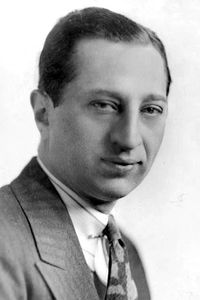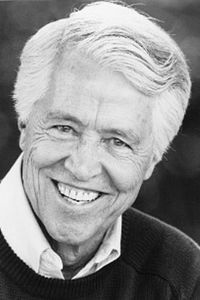Luiz Sérgio Person, a brilliant and multifaceted individual, traversed the Brazilian cultural landscape with remarkable velocity and impact, leaving behind a lasting legacy that continues to inspire and influence to this day.
Born in 1936, Person's creative journey was marked by an impressive array of accomplishments, as he effortlessly transitioned between various roles, including actor, writer, director, producer, commercial director, and journalist.
Despite the brevity of his career, which was tragically cut short by his untimely passing in 1976, Person managed to establish himself as one of the most important figures in Brazilian cinema, with a body of work that is still widely revered and studied today.
His most famous film, "São Paulo S/A," released in 1965, remains an unparalleled masterpiece, offering a poignant and thought-provoking exploration of the far-reaching consequences of Brazil's rapid industrialization and the emergence of a new middle class. This groundbreaking work is widely regarded as one of the most significant films in Brazilian cinematography, and its influence can still be felt in contemporary Brazilian culture.
Person's next film, "Case of the Naves Brothers," was an unflinching critique of the military dictatorship that took power in 1964, and it remains a powerful testament to his unwavering commitment to artistic integrity and social justice.
In addition to his work in film, Person was also a pioneer in the field of cooperative distribution, co-founding the IRP (RPI) - Independent Producers Reunion, an innovative initiative aimed at expanding the Brazilian film market and promoting greater creative freedom for filmmakers.
A lifelong lover of theatre, Person's acting and directing career began on the stage, and he went on to found the Augusta Theatre in 1973, which quickly became a hub of creative activity in São Paulo and a testament to his enduring passion for the performing arts.
Throughout his life, Person's boundless energy, creativity, and dedication to his craft inspired countless individuals, and his legacy continues to be celebrated and honored to this day.





















